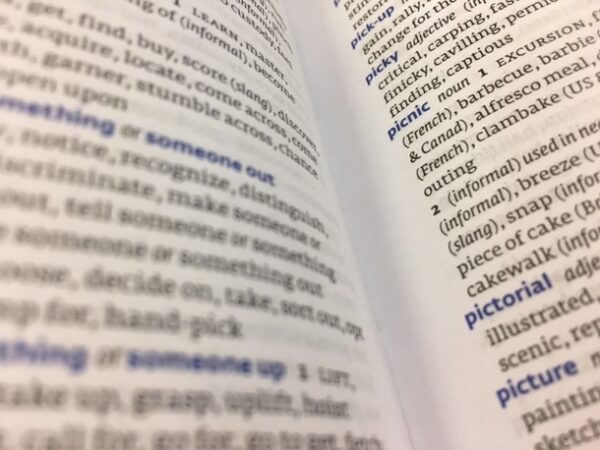The Collins Thesaurus has been compiled with reference to the Collins Corpus, a unique database of over 4.5 billion words which enables our experienced lexicographers to research current usage and how language is changing. The Collins Corpus contains material gathered from a wide variety of sources such as books, newspapers, radio, TV, magazines, letters and talks, and reflects the whole spectrum of English today. Its size and range make it an unequalled resource and the purpose-built software for its analysis is unique to Collins Dictionaries.
For each sense of an entry word in the Collins Thesaurus, you are presented with a list of synonyms, with the most helpful given first and highlighted. Each list provides an extensive choice of words, often illustrated by an example of usage, allowing you to select the word with the precise shade of meaning required for the context. Each of the synonyms given is listed again at the bottom of the page with links to additional synonyms and examples of them in context.
Opposites (antonyms) are also given for many entry words, enabling you to enhance your vocabulary. Where appropriate the entries include related words, word lists associated with the subject area, quotations, and proverbs so that you gain a comprehensive picture of the entry word.



